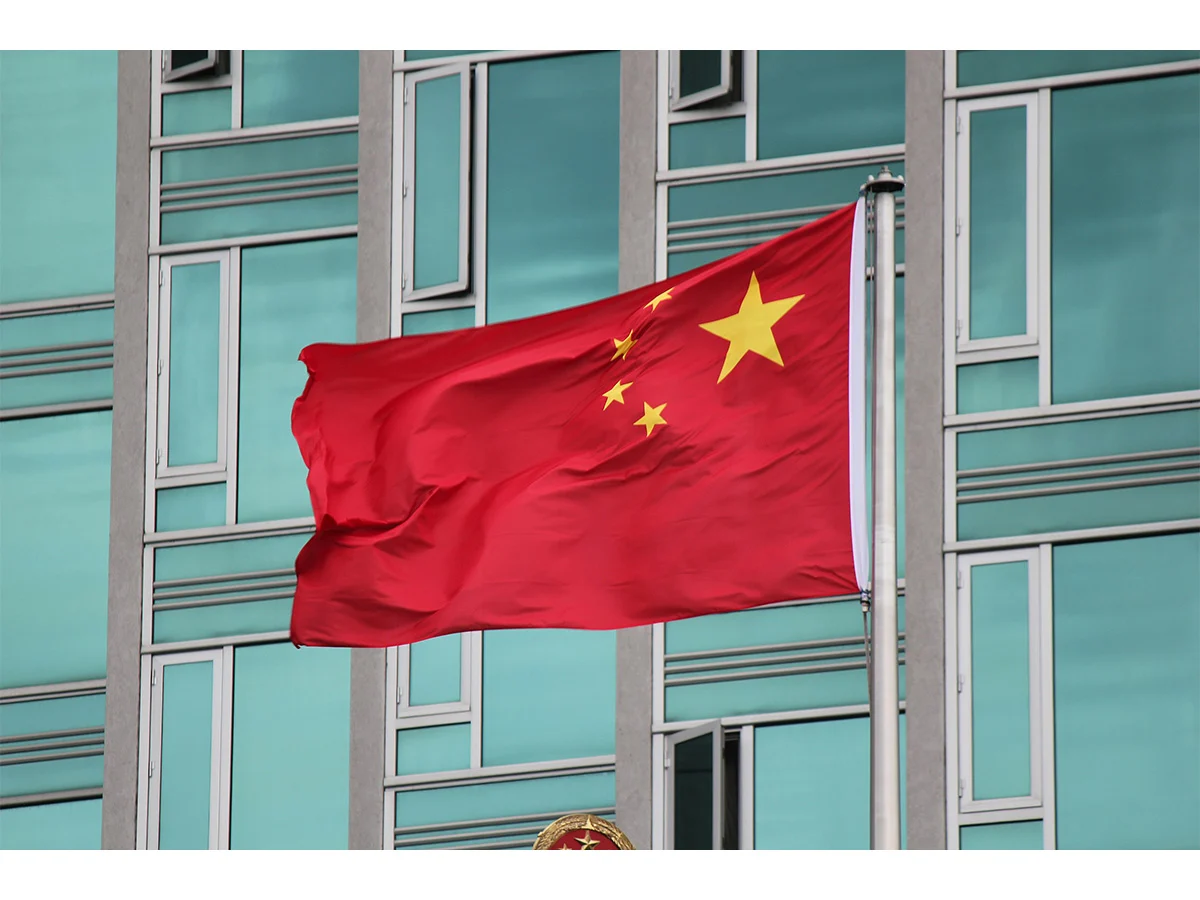Publisher: Maaal International Media Company
License: 465734
Fitch: Global sukuk value near trillion-dollar barrier in 2025
Fitch Ratings expects the value of global sukuk issued to exceed one trillion dollars in 2025, strengthening its position as a major financing tool in the capital markets of the member states of the Organization of Islamic Cooperation, stressing that Islamic banks in the Gulf countries remain one of the largest investors in sukuk, supported by sufficient liquidity to continue to enhance demand for them.
The report indicated that the total volume of sukuk traded globally increased by 10% to reach $930 billion by the end of 2024, despite regional geopolitical tensions, while sukuk represented 12% of the total US dollar-denominated debt issued in emerging markets during the same year, excluding China. Fitch data indicates that 81.4% of sukuk rated by it are investment grade, while the default rate in the global sukuk market was only 0.19%, reflecting its relative stability compared to traditional debt instruments.
As the Sukuk market heads towards a historic milestone of breaking the $1 trillion barrier, regulatory factors, compliance with Shariah standards, and global investor acceptance remain key factors determining the future of this promising market.
اقرأ المزيد
Fitch Ratings confirmed that Sukuk pricing remained closely linked to conventional bonds during 2024, for the fifth consecutive year, despite regional geopolitical tensions, economic volatility, and uncertainty related to Shariah compliance. The agency noted that the gap between Sukuk yields and similar bonds continued to narrow, reflecting increased investor acceptance of these financial instruments.
Fitch data showed that the correlation coefficient between Sukuk pricing and similar bonds reached 0.95 on a scale of 0 to 1 during the period from 2019 to 2024, before declining slightly to 0.91 at the end of 2024, indicating the continued strong correlation between the two instruments. The average spread between sukuk and bond yields narrowed to 10 basis points in 2024, compared to 25 basis points in 2023 and 27 basis points in 2022. Over the same period, sukuk yields were lower than their peers in about 50% of cases, while 39.3% of sukuk yields were similar to bonds and 10.7% were higher. Fitch’s study included sukuk and bonds issued by entities in the GCC, Indonesia and Turkey, including governments, financial institutions, corporates and international financing entities. Despite the relative stability in the correlation between sukuk and bond pricing, there were limited periods of reduced correlation due to economic events or developments related to Shariah compliance, before the correlation returned to previous levels.








